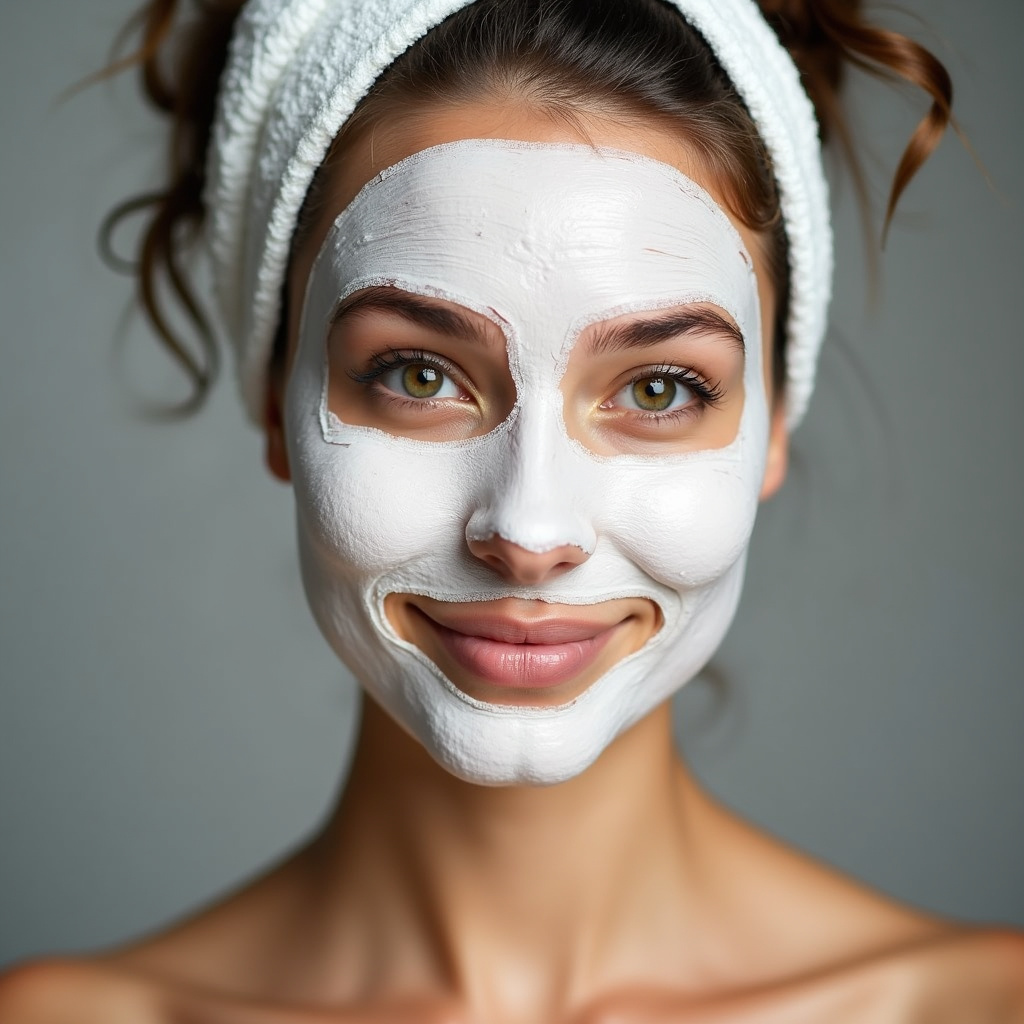Introduction to Facial Masks
Facial masks have become an essential part of many people’s skincare routines. Whether you are looking to hydrate your skin, reduce blemishes, or simply enjoy a little pampering, there is a facial mask for you. In this article, we will explore the various benefits of facial masks and help you determine which type is right for your skin type and needs.
The Benefits of Facial Masks
Facial masks offer numerous benefits for your skin, including:
- Deep Cleansing: Many masks help remove impurities, dirt, and excess oil, leaving your skin fresh and clean.
- Hydration: Hydrating masks replenish moisture, making them perfect for dry or dehydrated skin.
- Exfoliation: Certain masks contain exfoliating ingredients that help slough off dead skin cells, promoting a smoother complexion.
- Brightening: Brightening masks can help even out skin tone and reduce the appearance of dark spots.
- Relaxation: Taking a few moments to apply a facial mask can be a great way to unwind and practice self-care.
Types of Facial Masks
With so many types of facial masks available, it can be overwhelming to choose the right one. Here are some popular options:
1. Clay Masks
Clay masks are excellent for oily and acne-prone skin. They help absorb excess oil and draw out impurities from the skin. If you struggle with breakouts, a clay mask might be the perfect choice for you.
2. Sheet Masks
Sheet masks are pre-made fabric masks soaked in a serum. They are convenient and great for hydrating the skin. With various formulas available, you can choose one that targets your specific skin concerns, such as dryness or dullness.
3. Cream Masks
Cream masks are rich and nourishing, making them ideal for dry or sensitive skin. They typically provide intense hydration and can help soothe irritation.
4. Peel-off Masks
Peel-off masks are designed to be applied and then peeled away once dry. They can help remove dead skin cells and improve the overall texture of your skin. However, be cautious if you have sensitive skin, as they can sometimes cause irritation.
Choosing the Right Mask for Your Skin Type
When selecting a facial mask, it’s essential to consider your skin type and concerns:
- Oily Skin: Look for clay or charcoal masks that absorb excess oil.
- Dry Skin: Opt for hydrating cream or sheet masks with ingredients like hyaluronic acid or glycerin.
- Sensitive Skin: Choose soothing masks with calming ingredients like aloe vera or chamomile.
- Combination Skin: You might benefit from using different masks on different areas of your face, such as a clay mask on oily zones and a hydrating mask on dry areas.
How to Use Facial Masks Effectively
For the best results, follow these simple steps when using a facial mask:
- Cleanse: Start with a clean face to remove makeup and impurities.
- Apply: Apply the mask evenly, avoiding the eye area.
- Relax: Follow the instructions regarding how long to leave the mask on. Use this time to relax!
- Rinse: Gently rinse off the mask with warm water and pat your face dry.
- Moisturize: Follow up with your regular moisturizer to lock in hydration.
Conclusion
Facial masks can be a fun and beneficial addition to your skincare routine. With various types available, there is something for everyone, regardless of skin type. By understanding the benefits of different masks and choosing the right one for your needs, you can achieve healthier, glowing skin. So why not treat yourself to a little self-care with a facial mask today?




